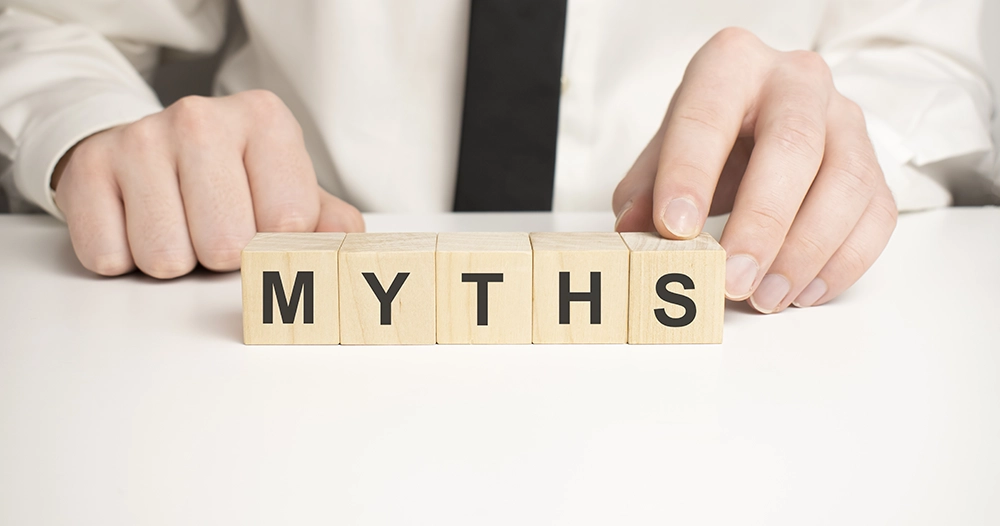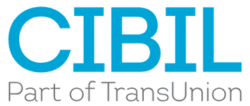Credit scores matter! Whether you are applying for a personal loan, credit card, car loan, or a home loan, a good credit score is considered one of the most important eligibility criteria.
A credit score is something so important that it shouldn’t be shrouded with myths that can cost you money. So, here we have listed 15 credit score myths you should stop believing right now:
Paying your credit card balance in full makes you appear debt-free in your credit report.
Paying your balance in full every month is the smartest way to avoid paying interest on your credit card and spiralling into debt. But each bank reports the current balance as debt each month to the credit bureaus. It is reported even before you receive your credit card statement. So as long as the reported debt is low, your credit score isn’t impacted.
Applying for a new credit card will negatively impact your credit score.
When you apply for a new credit card, the lender pulls your credit report to check your creditworthiness. This hard pull can temporarily lower your credit score. So as long as you don’t incur additional debt and your credit utilisation ratio is low, a new credit card application will not hurt your credit score. However, if you make multiple credit applications, there will be too many hard enquiries, which can have a negative impact on your credit score.
Close your old accounts to improve your credit score.
If you close your old, well-maintained credit cards, you will shorten your credit history. That’s not a good thing because your credit history is an important factor considered to understand your credit behaviour better. A long credit history is a reflection of how good you have managed your credit accounts.
Checking your credit score regularly will lower it.
Checking your credit score is considered a soft pull and has no impact on your credit score. In fact, it’s recommended to check your credit score frequently to stay updated with the information recorded in your credit report and work to improve credit score.
Income affects your credit score.
Your income is not a part of your credit report at all. If you have a poor credit score, it has nothing to do with your income but your credit behaviour. A person with a low income can have a high credit score if their credit history is healthy.
Credit score is the only factor considered for securing a loan/credit card.
Credit score plays a vital role in getting your loan approved or rejected. However, it is not the only factor considered while assessing your creditworthiness. Other factors such as age, income, etc., also contribute to the loan decision-making process.
Debit cards help build your credit score.
Using your debit card for purchases is like using cash. You can only use the money that is in your bank account. A debit card has no role in building your credit score.
A high credit score means you are wealthy.
Credit score serves as a measure of risk. It doesn’t indicate your income status; a high credit score is not because of a high salary. But with a high salary and a high credit score, you can be approved for a higher credit limit/loan amount at better loan terms.
There is only one credit score for one person.
There are multiple credit bureaus, and each of them has its own credit scoring models. Therefore, your credit score may vary based on the credit bureau that issues it.
EMI moratorium impacts credit score
EMI moratorium helps deal with a liquidity crisis, especially in situations like the COVID-19 pandemic. However, it does not have any impact on the credit score.
Debt repayment is not considered in a credit report.
Debt repayment is one of the largest factors considered while calculating your credit score. Timely debt repayments have a positive effect on the credit score, while unpaid or delayed debt payments significantly bring down your credit score.
You have a low credit score because you have multiple loans.
Multiple loan applications can portray you as credit hungry, and this perception can hurt your credit score. However, having multiple loans do not hurt your credit score. But if you keep your debt-to-income ratio high and do not make timely debt payments, your credit score may drop drastically.
If you have no debt, you have a good credit score.
Having high debt is not good for your credit score, but not having any debt at all doesn’t help either. Lenders need to check your credit history to understand how you manage your credit. For good credit health, have at least one credit card and/or a loan account and maintain it well.
Your credit score will be merged with your spouse’s when you get married.
Your credit score is unique to you and cannot be merged with your spouse’s credit score. If you are applying for a loan with your spouse, both the individual credit scores will be considered.
Student loans have no impact on your credit score
False. Default on any type of credit or loan, including student loans, can negatively affect the credit score.
We’ve busted the above 15 credit score myths. There are many more out there that you need to be cautious about. So, before you take on new credit, make sure you get all your doubts cleared and work towards using credit wisely and building a good credit history. Stay aware of your credit score by checking your credit report regularly. Use Fit.Credit to check your credit score right now for free.






